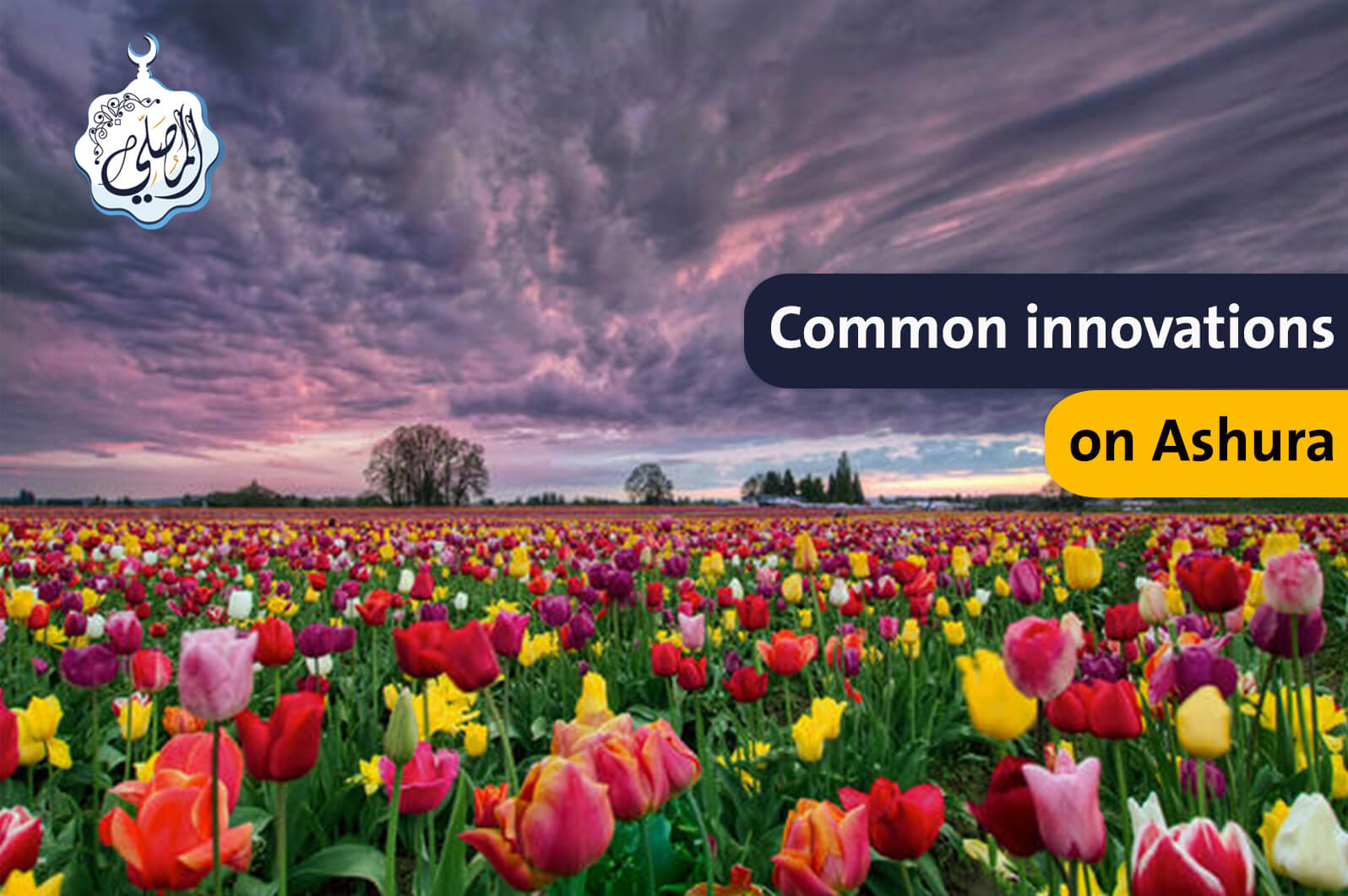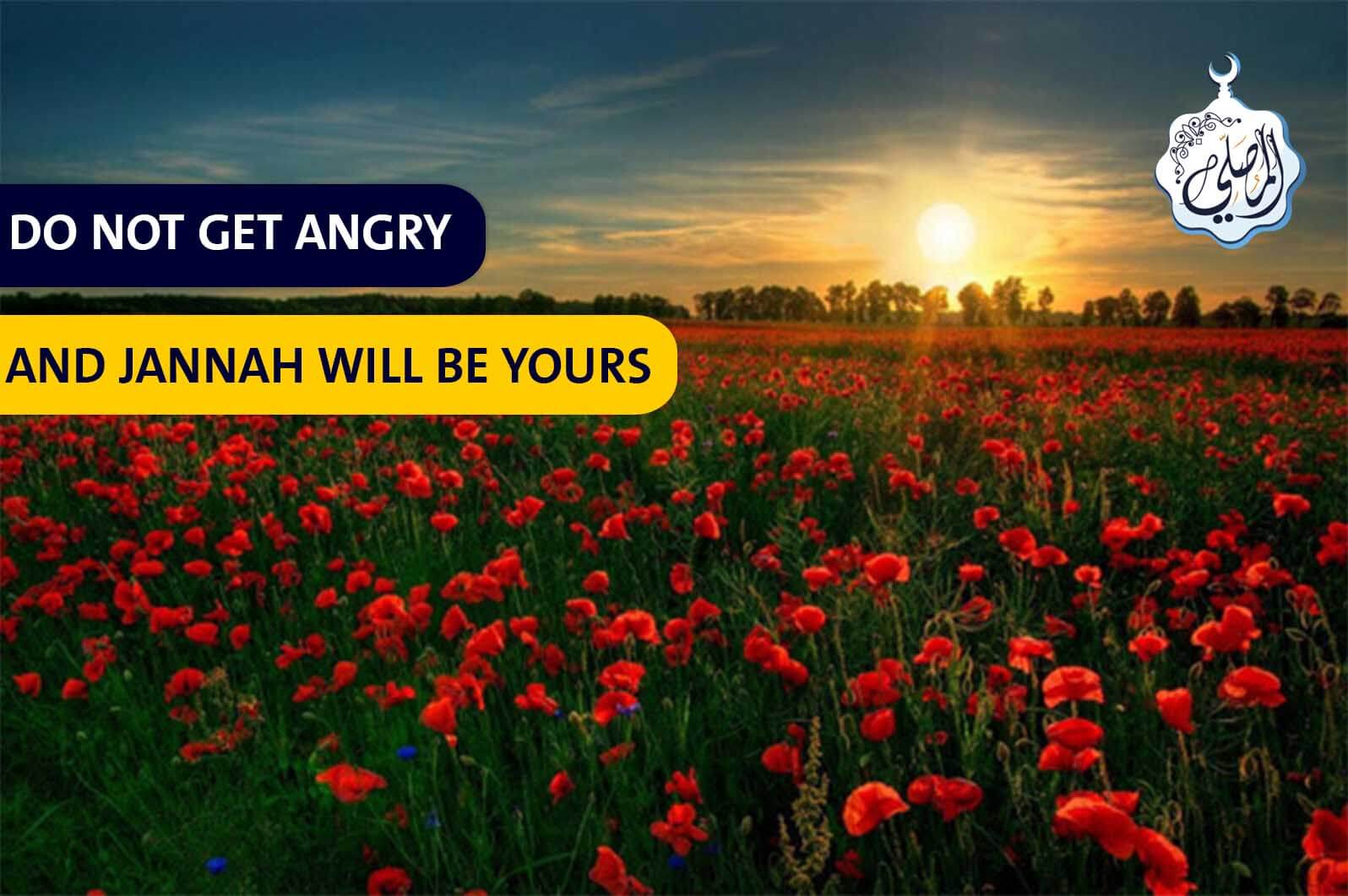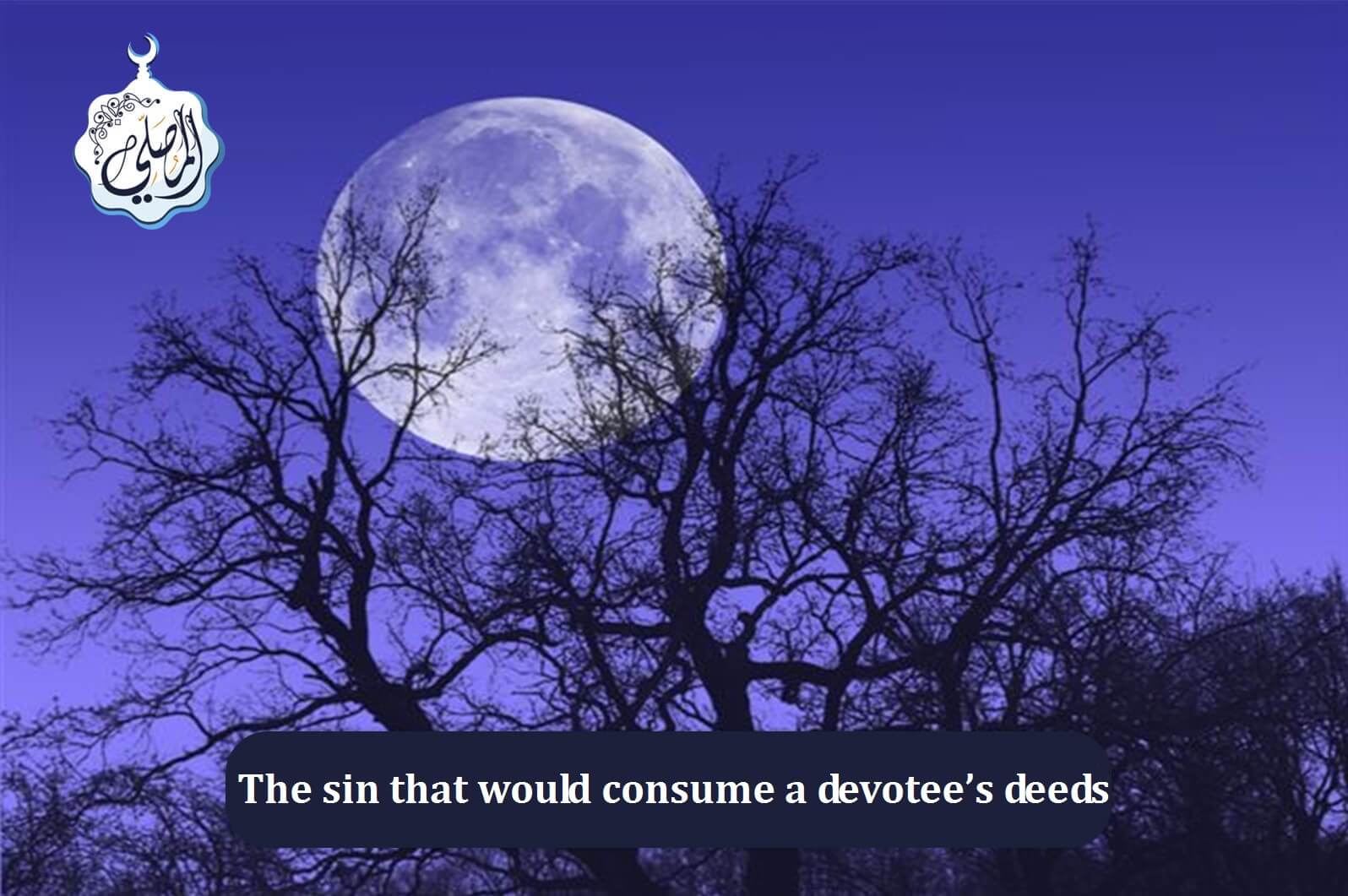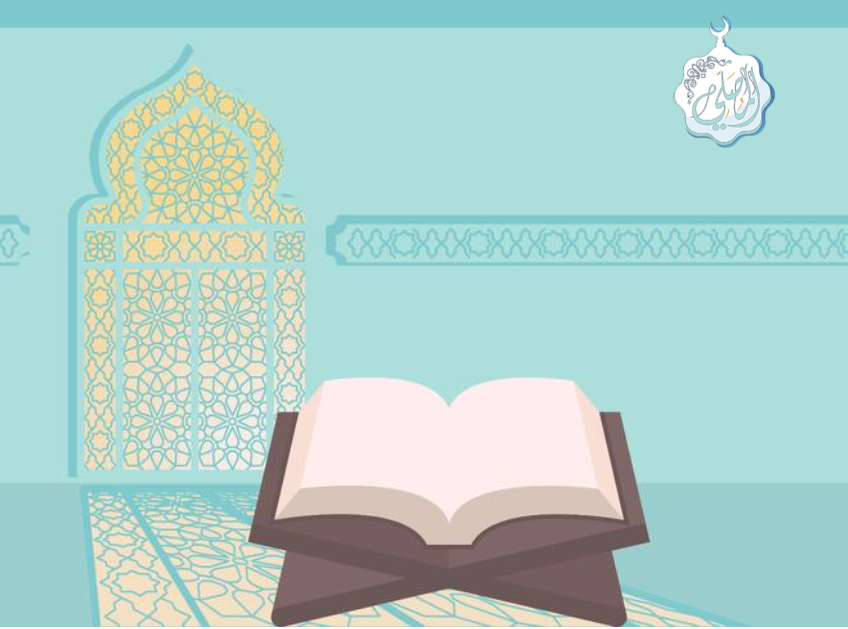
Each year, millions of Muslims from around the world converge in Mecca for the Hajj pilgrimage, one of the Five Pillars of Islam. This sacred journey is not only a physical undertaking but also a profound spiritual experience that teaches invaluable life lessons. Even for those who have not yet performed Hajj, the principles and values illustrated during this pilgrimage are applicable to our daily lives. In this article, we will reflect on the significant lessons learned from Hajj and explore how ordinary Muslims can embody these teachings in their everyday lives.
1. Unity in Diversity
One of the most striking aspects of Hajj is the incredible diversity of its participants. Muslims of different races, nationalities, and backgrounds come together in a profound display of unity and brotherhood. Donning the simple white garments of Ihram, all pilgrims stand equal before Allah, regardless of their worldly status.
Incorporation into Daily Life:
Foster Inclusivity: Embrace diversity within your community and build bridges of understanding. Treat everyone with respect and kindness, and engage in dialogue that fosters mutual respect and empathy.
Community Service: Participate in community projects that bring people together, regardless of their background, reinforcing the bonds of unity among fellow Muslims.
2. Self-Discipline and Patience
The journey of Hajj involves a series of rituals that require considerable self-discipline and patience. From the rigorous physical demands of walking between the sacred sites to the spiritual challenges of seeking forgiveness and making dua, pilgrims must cultivate resilience at every step of the way.
Incorporation into Daily Life:
Practice Patience: Make a conscious effort to remain calm and patient in everyday challenges. Whether it’s dealing with difficult situations at work or conflicts in personal relationships, approach each obstacle with a sense of tranquility and persistence.
Set Goals: Just as pilgrims prepare for Hajj, set tangible goals for personal and spiritual growth. Create a plan to achieve these goals, remaining disciplined and focused along the way.
3. Reflection and Repentance
Hajj is a time of profound introspection, where pilgrims seek forgiveness and reflect on their lives. The act of standing at Arafah, where millions gather to pray and supplicate, symbolizes the need for personal accountability and repentance.
Incorporation into Daily Life:
Daily Reflection: Take time each day for self-reflection, assessing your actions and intentions. Consider keeping a journal where you can write down thoughts, challenges, and prayers for forgiveness.
Make Dua: Incorporate regular dua (supplication) into your routine, asking Allah for guidance and forgiveness. Establish a habit of seeking divine mercy, much like the supplications made during Hajj.
4. Sacrifice in the Path of Allah
The Hajj pilgrimage includes the ritual of sacrifice (Qurbani), commemorating the willingness of Prophet Ibrahim (Abraham) to sacrifice his son Isma'il in obedience to Allah's command. This act serves as a reminder of the importance of submitting to Allah’s will and the spirit of sacrifice.
Incorporation into Daily Life:
Embrace Sacrifice: Reflect on what you can sacrifice—be it time, resources, or energy—for the benefit of others. Offering your help to family, friends, or the community is a powerful way to emulate the spirit of selflessness.
Charity and Generosity: Continue the practice of charitable giving throughout the year, not just during the days of Hajj. Select causes that resonate with you, supporting those in need within your community and beyond.
5. Gratitude and Humility
Hajj fosters a deep sense of gratitude and humility, as pilgrims acknowledge their reliance on Allah in every aspect of their lives. The experience of standing in the presence of Allah, performing rituals at the sacred sites, and recognizing the blessings bestowed upon them cultivates a profound appreciation for life and faith.
Incorporation into Daily Life:
Express Gratitude: Make it a habit to express gratitude to Allah daily for the blessings in your life. Simple practices such as saying “Alhamdulillah” (All Praise is Due to Allah) can reinforce this mindset.
Practice Humility: Adopt a humble approach to life, recognizing that every achievement is a blessing from Allah. Engage in acts of kindness and service, remembering that everyone has their unique challenges.
Conclusion
The lessons derived from the Hajj pilgrimage are rich and multifaceted, offering guidance that extends far beyond the sacred sites of Mecca. By embodying the principles of unity, self-discipline, reflection, sacrifice, and gratitude, ordinary Muslims can lead lives that resonate with the spirit of pilgrimage.










 share facebook
share facebook share whatsApp
share whatsApp share twitter
share twitter share telegram
share telegram copy
copy







